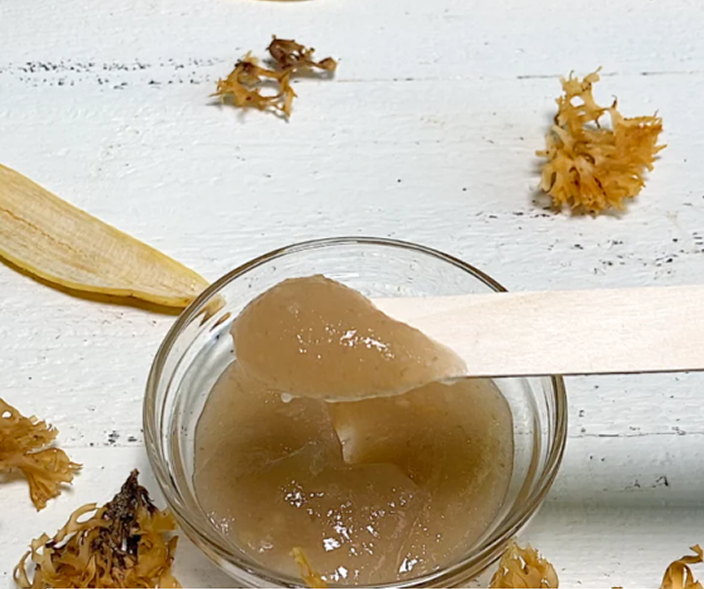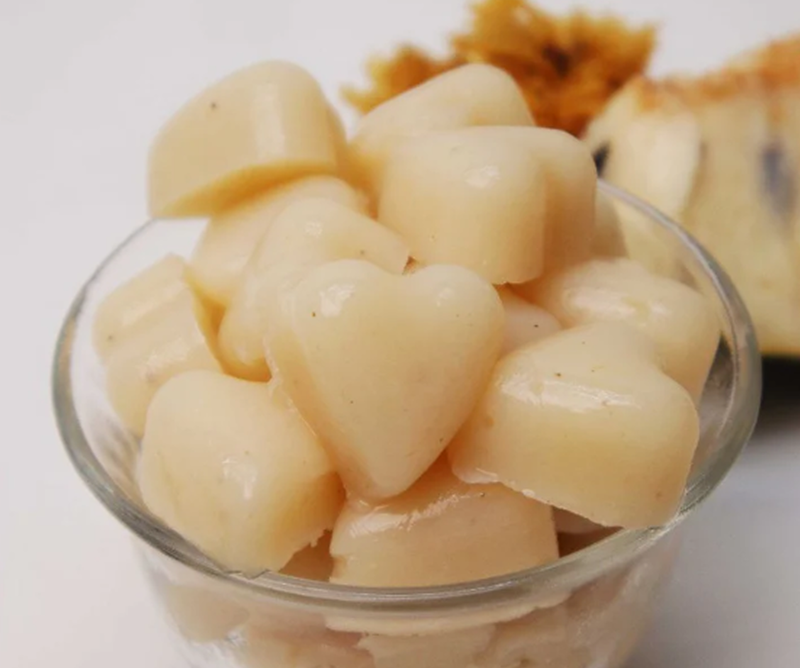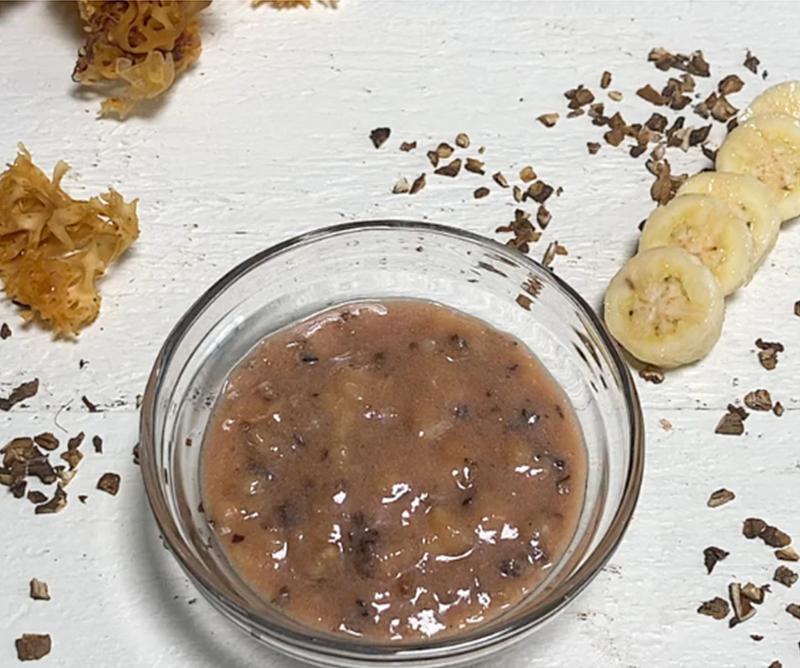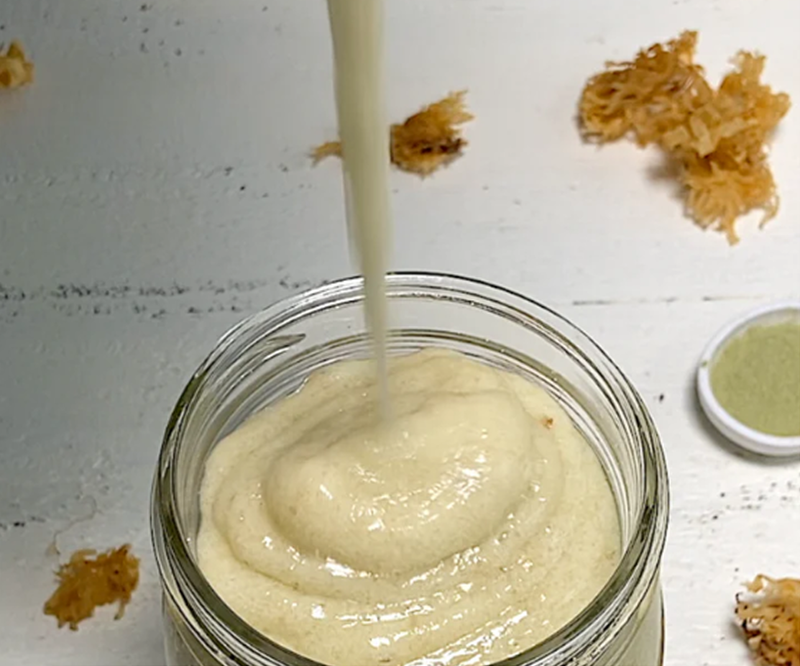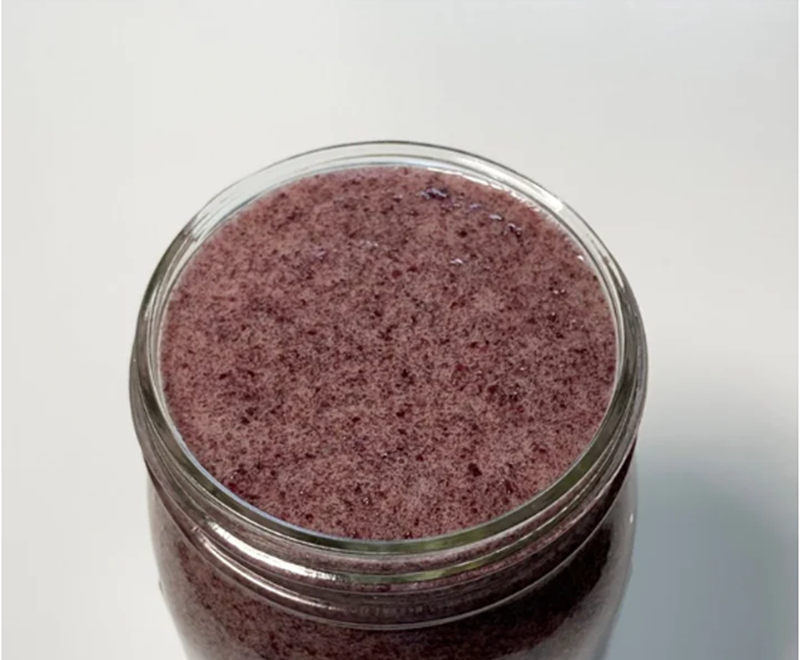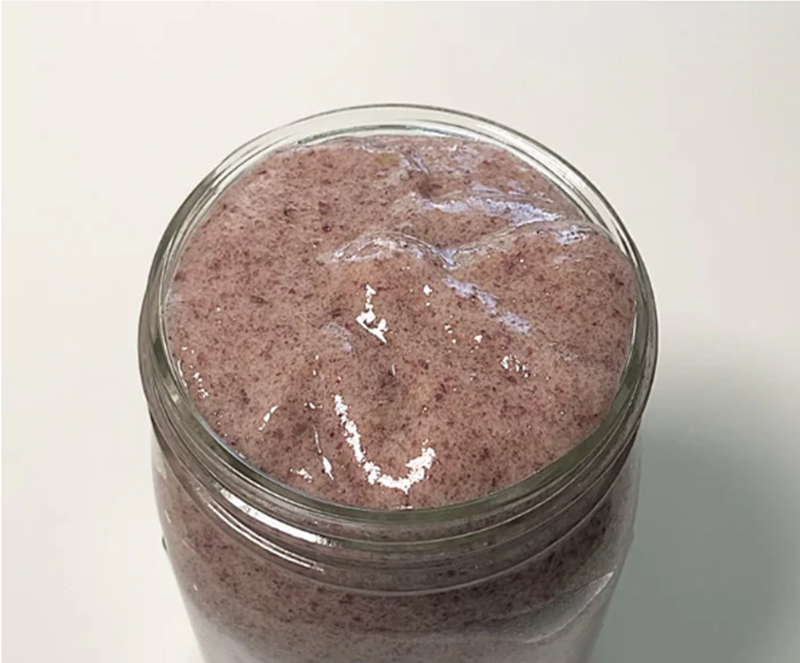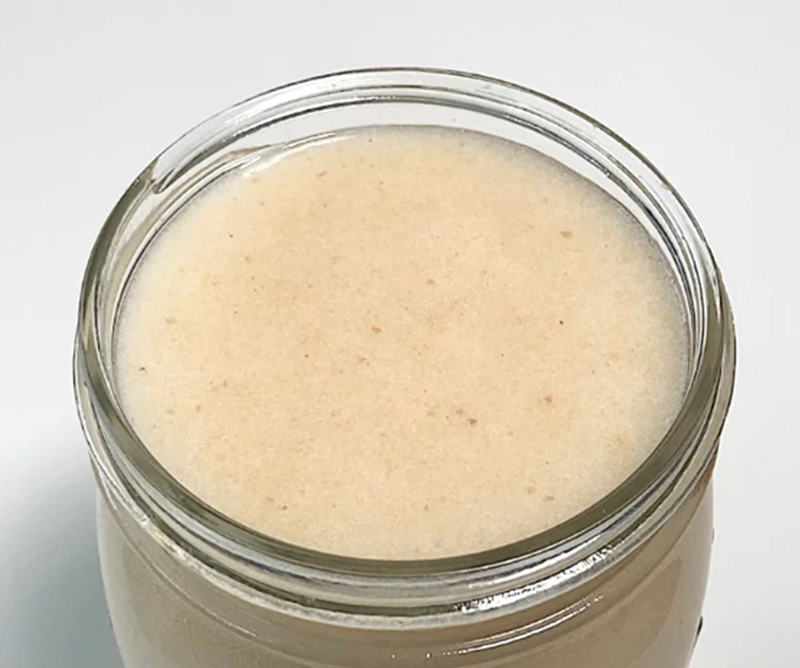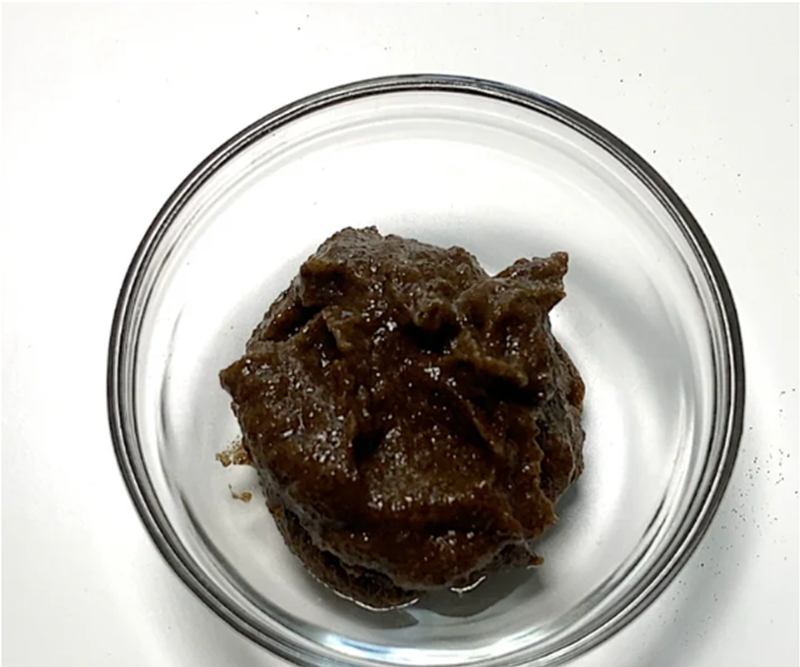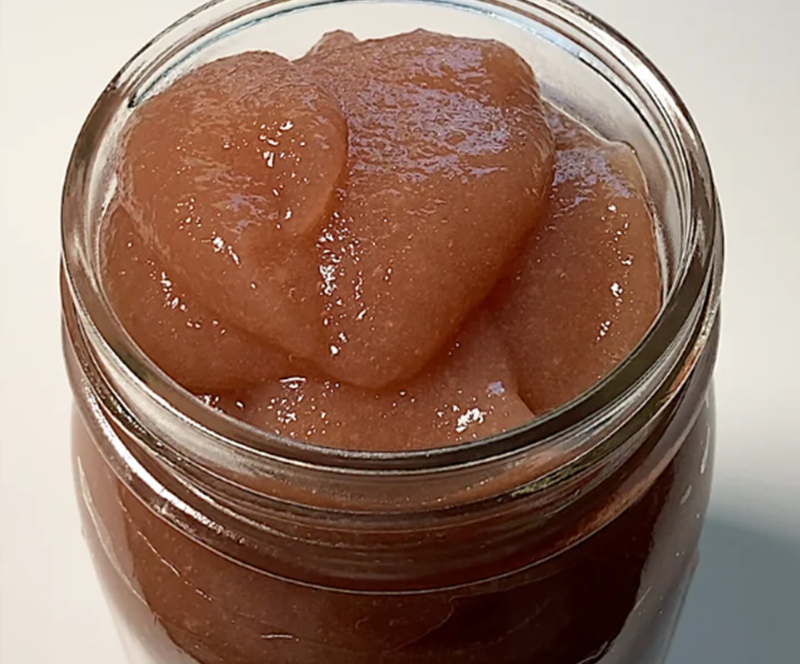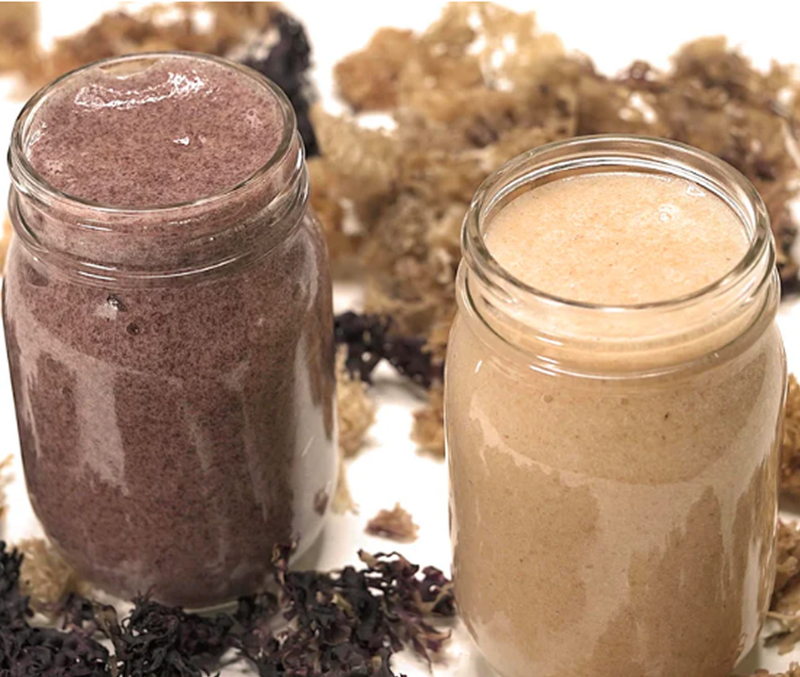

Curious about the connection between sea moss and thyroid health? You're not alone. Interest in this nutrient-rich seaweed’s potential benefits for supporting thyroid function is growing, but it's important to temper excitement about any benefits with awareness of the potential risks.
Let's explore how sea moss might help the function of the thyroid gland and how to use it safely as part of your wellness routine.*
What Is the Thyroid Gland?
The thyroid is a small, butterfly-shaped gland that sits towards the front of the neck. Though tiny, it plays a huge role in how your body functions.
Think of your thyroid as your body's energy control center. It produces hormones (mainly T3 and T4) that regulate your metabolism, thus setting the pace for how quickly your body uses energy. These hormones also affect a wide range of other processes and bodily “settings” from your heart rate and body temperature to your energy levels and even your mood.
To make these important hormones, your thyroid needs one key ingredient: iodine. Without enough iodine from your diet, your thyroid can't produce the hormones your body needs to function properly.
When your thyroid isn't working correctly, you might feel tired all the time, gain weight unexpectedly, feel cold when others swear it’s warm, or notice your hair thinning. These are all signs that something's off with this easily underappreciated gland.
Common Thyroid Disorders
Thyroid problems are surprisingly common, affecting millions of people worldwide. Here are the main issues that can develop:
Hypothyroidism happens when your thyroid doesn't make enough hormones. As a result, it feels as if your body's engine is running too slow. You might notice constant fatigue even after a full night's sleep, weight gain despite not changing your diet, feeling cold all the time, dry skin, and trouble concentrating.
Hyperthyroidism is the opposite. Your thyroid overproduces hormones, causing your body's systems to speed up, causing anxiety, unexplained weight loss, racing heartbeat, trouble sleeping, and feeling hot when others don't.
Goiter is simply an enlarged thyroid gland. You might notice swelling in your neck that can sometimes be seen or felt. It often develops when your body doesn't get enough iodine, causing your thyroid to grow larger in an effort to capture more.
Thyroid nodules are growths that form within your thyroid gland. They're extremely common, by some estimates, half of all people will have at least one thyroid nodule by age 60. Most nodules are benign (non-cancerous) and cause no symptoms. You might not even know you have them unless they're found during an imaging test for something else. However, some nodules can grow large enough to cause swallowing or breathing difficulties, or they might produce excess thyroid hormone, causing hyperthyroidism symptoms. While most nodules don't require treatment, your doctor might recommend monitoring them with ultrasound or testing them with a fine needle biopsy if they look suspicious.
Thyroid cancer is relatively rare compared to other thyroid conditions, but rates have been increasing in recent years. There are several types, with papillary thyroid cancer the most common and also the most treatable. Early symptoms might include a lump in the neck, voice changes, difficulty swallowing, or swollen lymph nodes. The good news is that most thyroid cancers respond very well to treatment, which typically involves surgery to remove part or all of the thyroid gland, possibly followed by radioactive iodine therapy. The five-year survival rate for most thyroid cancers is over 98% when caught early. Regular neck checks and prompt attention to any unusual symptoms can help with early detection.
What Thyroid Needs to Function Properly
While medication is often necessary for thyroid conditions, many people find natural approaches helpful alongside conventional treatment. A comprehensive approach to thyroid health can include several complementary strategies:
Nutrient-Dense Foods for Thyroid Support
Iodine-rich foods form the foundation of thyroid nutrition. Sea vegetables like dulse, nori, and sea moss provide natural iodine that your thyroid uses to create hormones. Unlike synthetic sources, these foods contain iodine in forms your body recognizes and can use efficiently.
Selenium-rich foods are equally important, as selenium activates thyroid hormones and protects the gland from oxidative damage. Just two Brazil nuts daily can provide your entire selenium requirement.
Zinc plays a crucial role in thyroid hormone production and conversion which are important for regulating mucus levels in the body. There are plenty of plant-based options rich in zinc. Foods like pumpkin seeds, hemp seeds, chia seeds, lentils, chickpeas, quinoa, cashews, oats, and spinach are all excellent sources.
Herbal Allies for Thyroid Health
Ashwagandha stands out as a powerful adaptogenic herb that may help normalize thyroid function. Research suggests it can support T3 and T4 production in cases of hypothyroidism while helping to calm an overactive thyroid. Its stress-reducing properties also benefit the thyroid indirectly, as chronic stress can disrupt thyroid function.
Bladderwrack, a seaweed rich in iodine and other minerals, has traditionally been used to support thyroid health and metabolism. It pairs well with sea moss for a synergistic effect.
Lifestyle Practices for Thyroid Balance
Stress management is essential for thyroid health. Chronic stress depletes the adrenal glands and disrupts the entire endocrine system, including the thyroid. Daily meditation, gentle yoga, time in nature, or simple deep breathing exercises can significantly impact thyroid function over time.
Quality sleep also allows your body to repair and regulate hormones. Create a consistent sleep schedule, keep your bedroom cool and dark, and avoid screens before bed to support thyroid recovery.
Regular, moderate exercise improves thyroid function by reducing inflammation, supporting metabolism, and balancing hormones. Walking, swimming, and yoga are particularly beneficial for those with thyroid issues, as they provide benefits without overtaxing the system.
Environmental detoxification matters because many common chemicals disrupt thyroid function. Filter your water, choose organic foods when possible, and use natural cleaning and personal care products to reduce your toxic load.
Potential Benefits of Sea Moss for Thyroid

Natural Iodine Source
Sea moss (particularly the high-quality Chondrus crispus variety) contains natural iodine that your thyroid needs to produce hormones.* Unlike iodized salt, sea moss may provide iodine in a natural form, along with other supporting nutrients.* This makes it potentially more bioavailable and effective for supporting thyroid function.*
The iodine in sea moss is bound to proteins and other compounds that may help your body regulate its absorption, potentially making it safer than isolated iodine supplements that can sometimes overwhelm the thyroid.* For people with mild iodine deficiency, this gentle source may help restore balance without shocking the system.
Mineral-Rich Composition
In addition to its iodine content, sea moss is a mineral powerhouse containing zinc which may support thyroid hormone production; iron, which many people with thyroid issues are deficient in; and magnesium, which helps regulate the thyroid. This comprehensive mineral profile makes sea moss particularly valuable for thyroid support.*
The iron content deserves special mention, as iron deficiency often accompanies thyroid disorders, especially in women. Iron is necessary for the enzyme thyroid peroxidase to function properly in hormone production. Sea moss provides this iron in a form that's generally gentle on the digestive system.*
Anti-inflammatory Properties
Sea moss contains compounds that may help reduce inflammation, which can be a further benefit, since many thyroid conditions trigger inflammation.* By calming inflammatory processes in the body, sea moss might help create a better environment for optimal thyroid function and reduce symptoms associated with thyroid disorders.*
The polysaccharides in sea moss have been studied for their anti-inflammatory effects throughout the body. For people with autoimmune thyroid conditions such as Hashimoto's, these compounds may help modulate immune function and reduce the inflammatory attack on thyroid tissue (though those with autoimmune conditions should always consult their doctor before using sea moss).*
Digestive Support
Sea moss contains prebiotic fiber that may feed beneficial gut bacteria.* This is relevant to thyroid health because gut health and thyroid function are closely connected. Many people with thyroid issues also experience digestive problems, and supporting gut health with sea moss may indirectly benefit thyroid function.*
The mucilaginous properties of sea moss may also soothe the digestive tract, potentially reducing inflammation and helping to heal "leaky gut", a condition often associated with autoimmune thyroid disorders.* By supporting gut integrity, sea moss may help reduce the autoimmune reactions that can damage the thyroid.*
Sea Moss Side Effects on Thyroid
Iodine Overload Risk
While your thyroid needs iodine, too much can actually cause problems. Excess iodine from sea moss may trigger or worsen hyperthyroidism in susceptible people, cause hypothyroidism in some cases, or contribute to autoimmune thyroid conditions like Hashimoto's.* The line between helpful and harmful iodine intake is surprisingly thin, especially for those with existing thyroid conditions.
The amount of iodine in sea moss varies widely depending on where it grew, how it was harvested, and how it was processed. This makes dosing unpredictable and potentially risky for those with sensitive thyroid conditions.
Quality and Contamination Concerns
Low-quality sea moss products might contain contaminants like heavy metals, or lay claim to a vastly exaggerated mineral content. That’s especially true with pool-grown or rope-grown varieties (common in Caribbean sources) that don't absorb the same mineral content as wild-harvested sea moss. These inferior products might not only lack health benefits, but could also potentially introduce harmful substances into your body. Always purchase sea moss from reputable sources like Alkaline Herb Shop that test for identity, microbes, and heavy metals.
Instructions for Using Sea Moss for Thyroid Health
Using sea moss supplements effectively for thyroid support requires attention to quality, dosage, and your individual health needs. Here's a comprehensive guide to help you incorporate sea moss safely:
Choosing the Right Sea Moss
Select wild-harvested Chondrus crispus sea moss for optimal thyroid support. This variety grows in cold North Atlantic waters and absorbs minerals directly from rocks and the ocean floor, making it nutritionally superior to pool-grown or rope-grown alternatives.
Look for sea moss that comes in natural colors - red, or gold varieties are all legitimate. Avoid sea moss that's unnaturally bright or perfectly uniform in color, as this may indicate artificial processing.
Purchase from companies that test their sea moss for heavy metals, microbes, and identity.
Preparation Methods
-
Rinse 2 oz of raw sea moss in spring water twice.
-
Soak the rinsed 2 oz of sea moss in spring water for up to 24 hours.
-
Remove sea moss from spring water, then rinse again.
-
Using scissors, cut the sea moss into small pieces (This prevents the blender from jamming).
-
Add 2 cups of spring water and the soaked sea moss to a blender. Blend together until it reaches a smooth consistency.
-
Transfer to a glass jar and refrigerate.
Sea Moss Capsules
For convenience, sea moss capsules provide a standardized dose without preparation. Alkaline Herb Shop offers high-quality sea moss capsules that provide the benefits of sea moss in a convenient form. These capsules are made from pure and wildcrafted sea moss that is tested for identity, microbes, and heavy metals.
Dosage Guidelines
Start low and go slow is the safest approach, especially for thyroid health.
-
Add 1-2 tablespoons of sea moss gel to food or drinks
-
Take sea moss capsules according to package directions
As with any natural supplement, it's wise to check with your healthcare provider before adding sea moss to your routine, especially if you have existing health conditions or take medications.
FAQs
Is sea moss good for thyroid?
Yes, sea moss may benefit thyroid health because it’s rich in natural iodine that is a key nutrient for hormone production.* It also provides zinc which may help regulate thyroid function.* However, too much iodine can disrupt thyroid balance, so it’s important to use it in moderation and consult a healthcare provider, especially if you have thyroid conditions.
How long does it take to see benefits from sea moss for thyroid health?
Most people who report benefits notice changes within 2-3 weeks of consistent use. However, results vary widely from person to person, and some may not notice any effects at all.
Can I take sea moss with thyroid medication?
Sea moss might affect how your body absorbs or processes thyroid medication. To be safe, take sea moss at least 4 hours apart from thyroid medication, and inform your doctor that you're using it so they can monitor your levels.





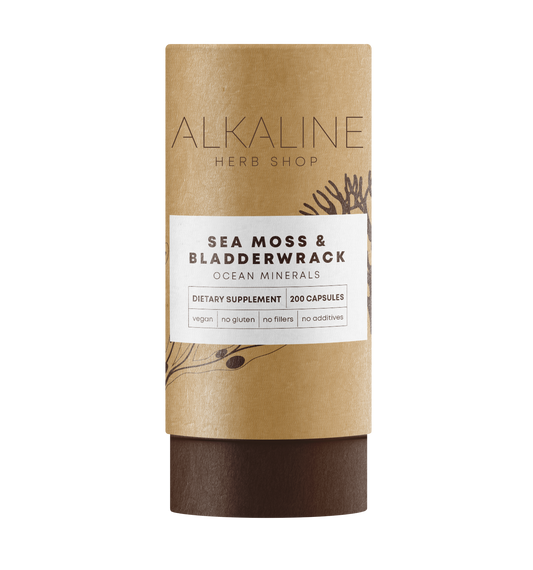
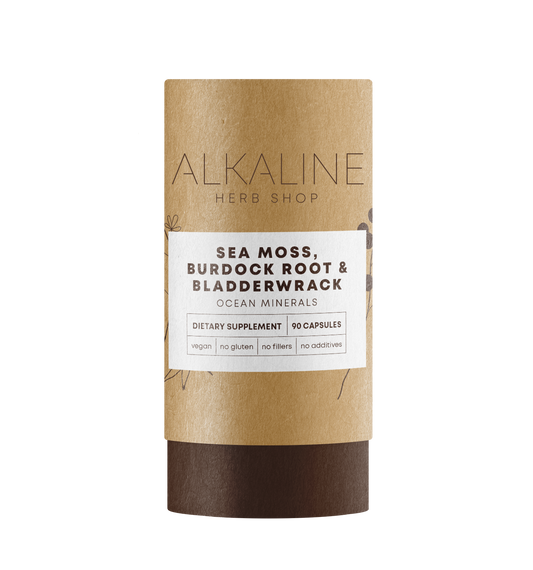
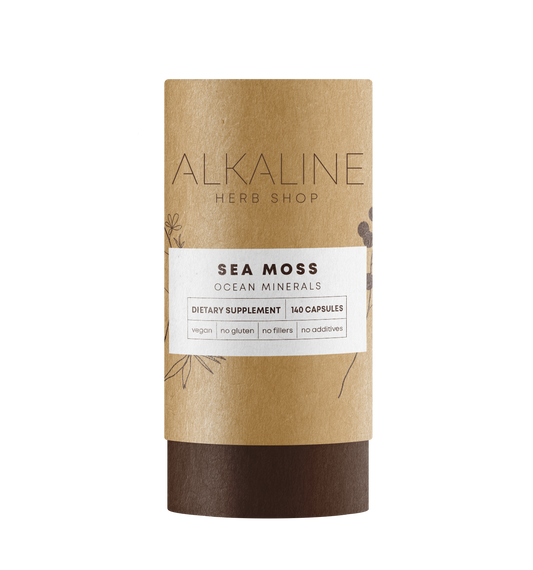
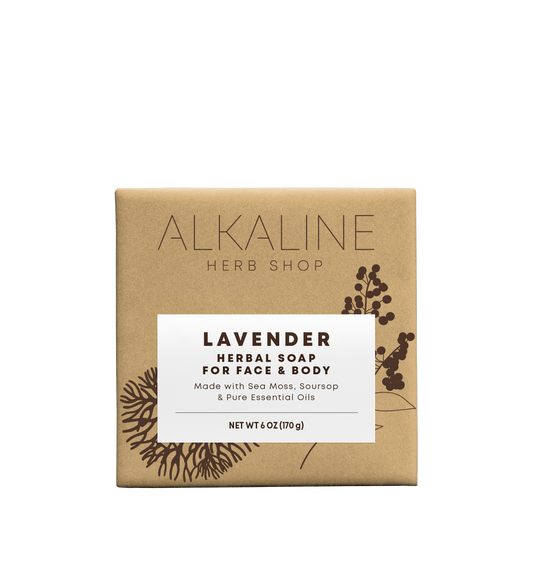
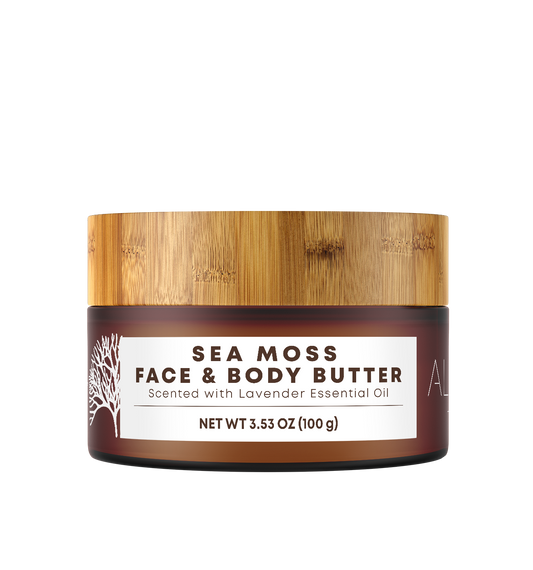
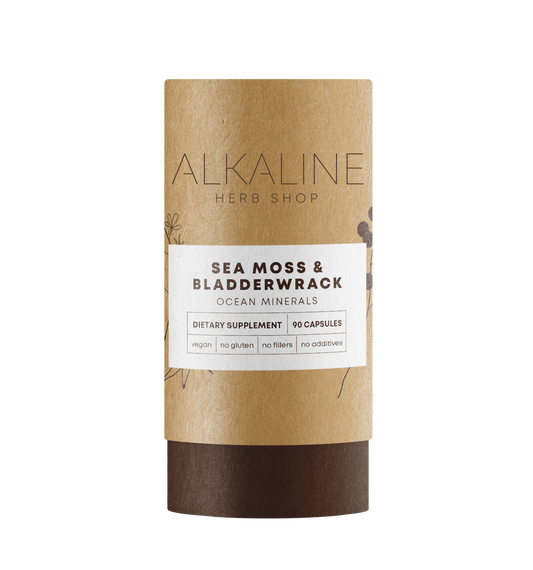
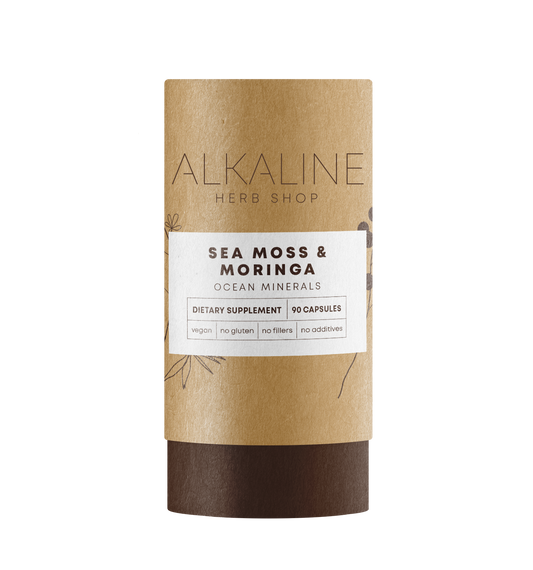
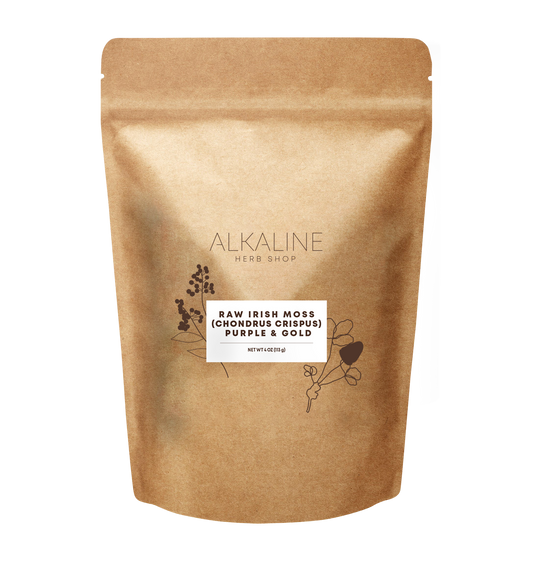
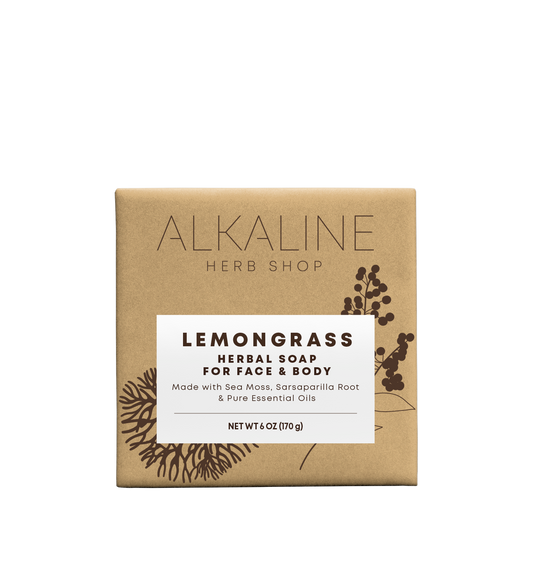
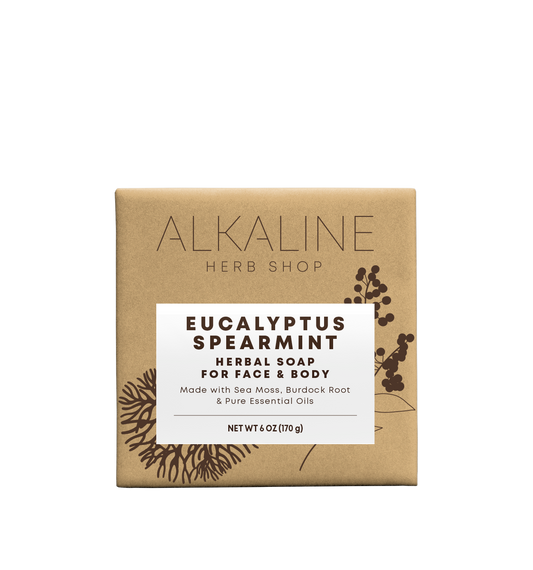
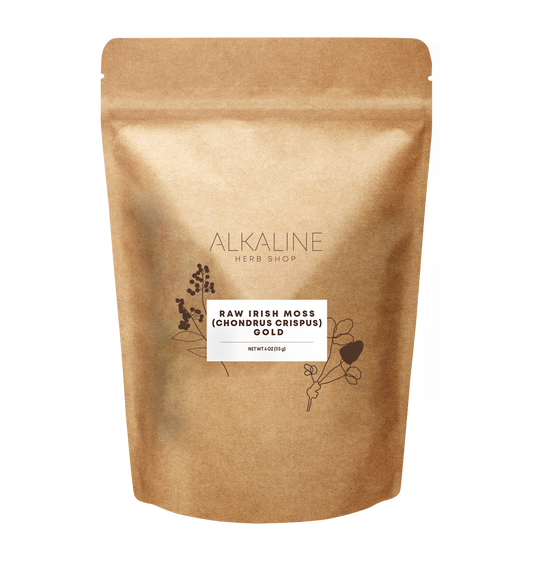
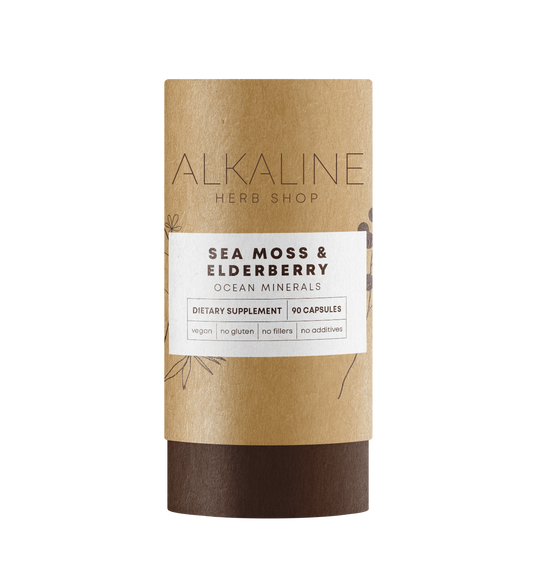
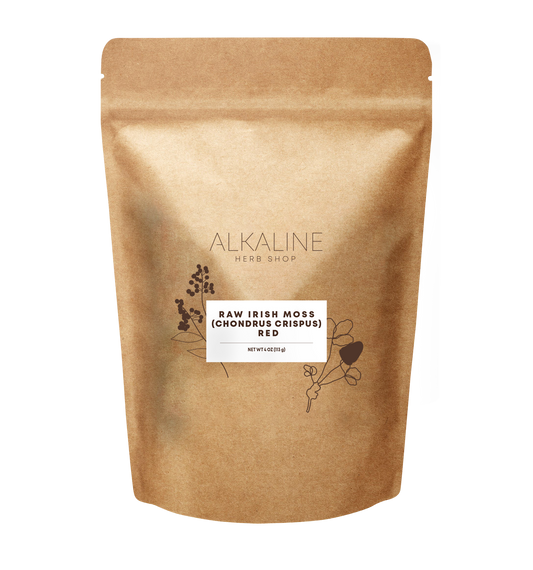
.png?v=14052428765372906161761701960) Previous Post
Previous Post
%20copy.png?v=62173825240595680121761701960)

